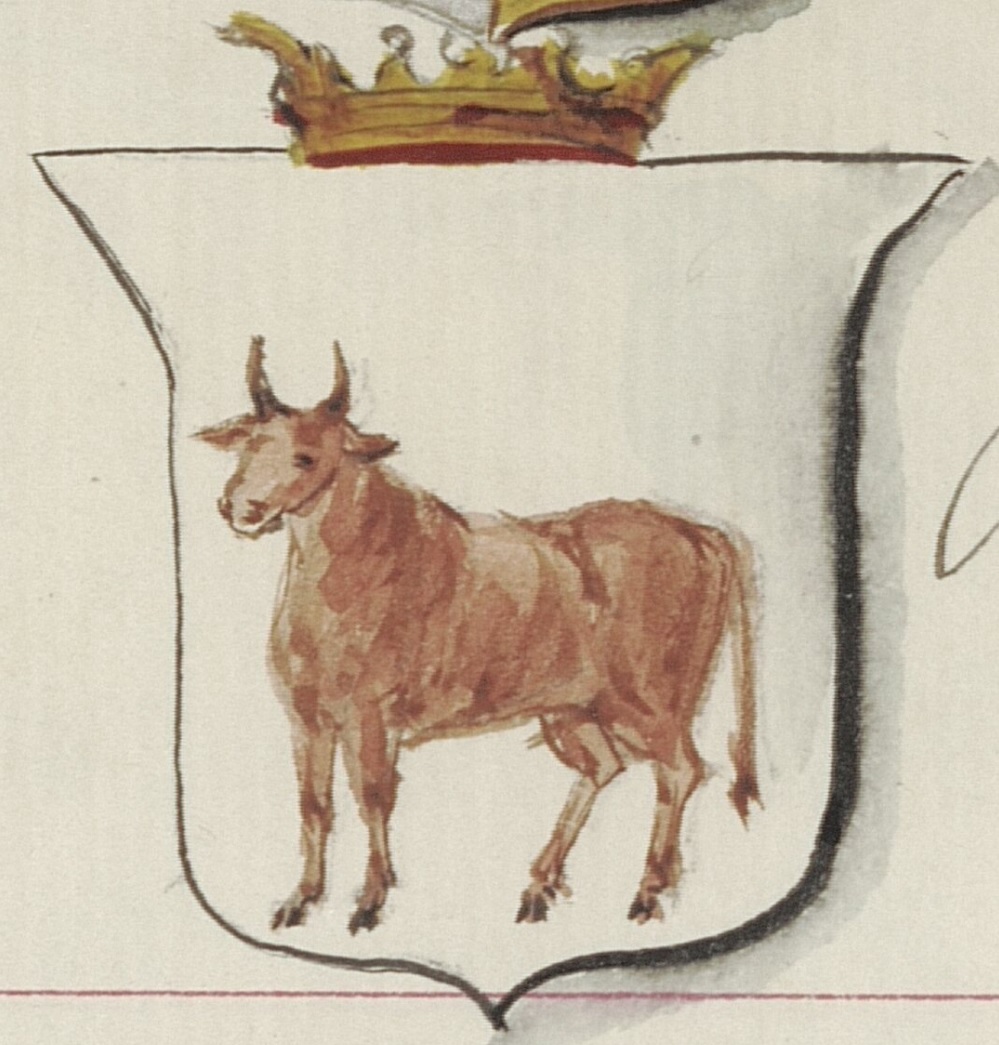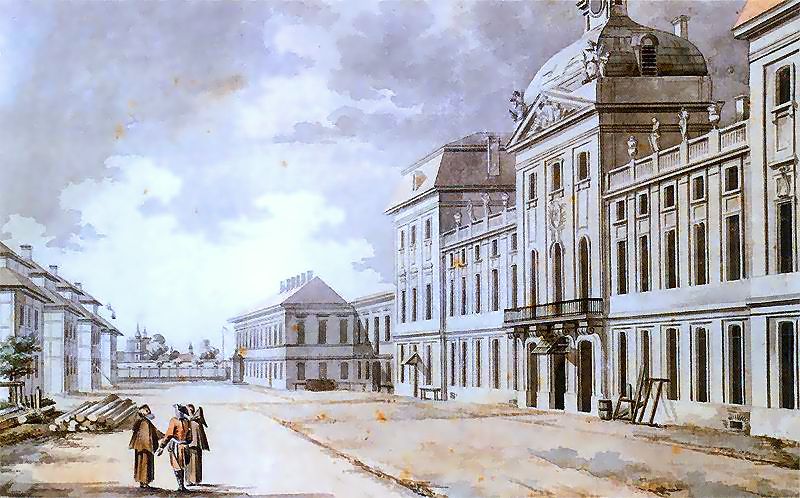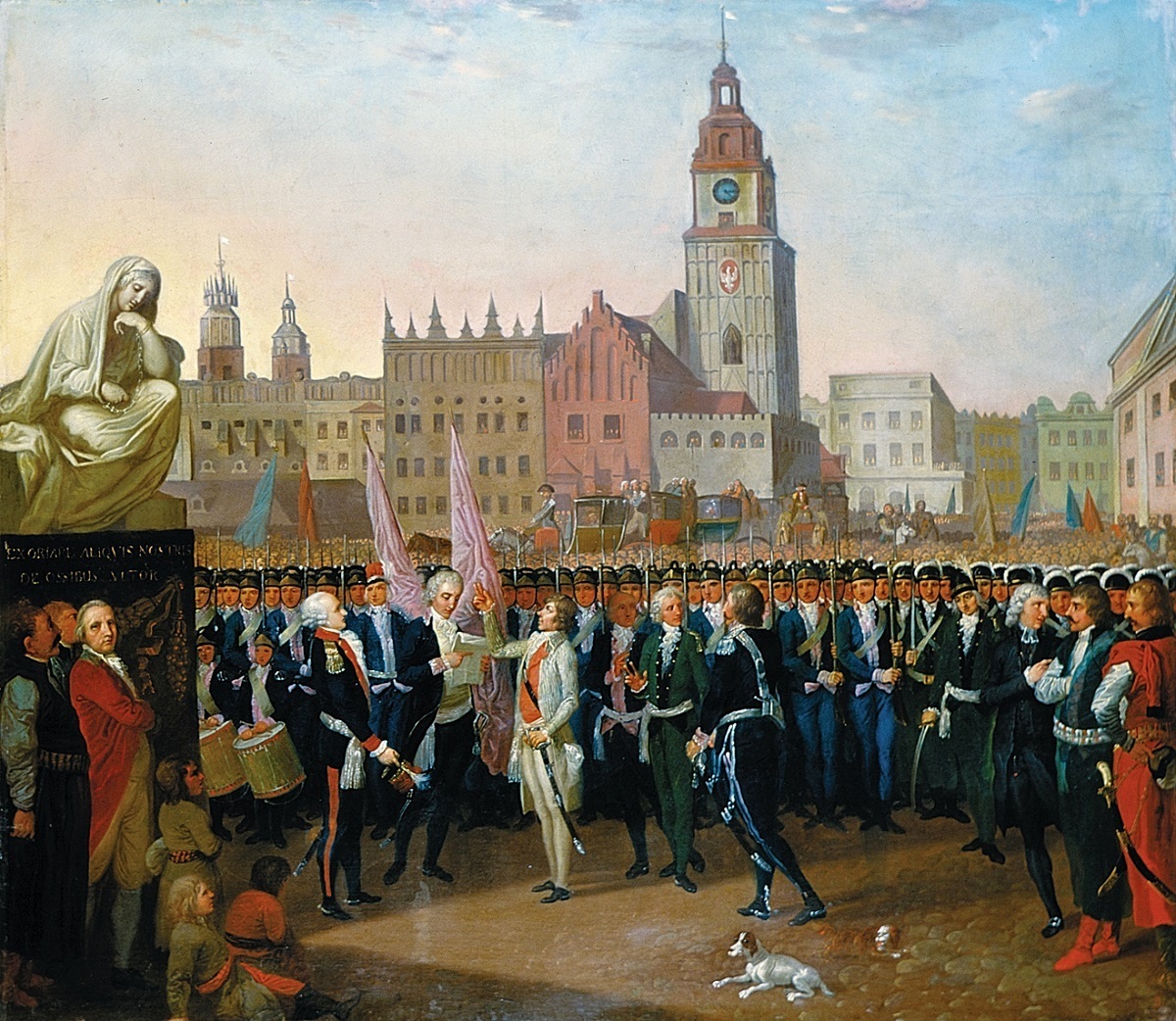|
Antoni Augustyn Deboli
Antoni Augustyn Deboli (1747–1810) was a Polish noble, diplomat, and politician. He was the representative of the Polish king Stanisław August Poniatowski to the Russian court, from 1788 to 1795, though he had been active as a diplomat there since 1767. Prior to this, he had been a student at the Corps of Cadets In 1780 he became a chevalier of the Order of Saint Stanislaus. During the Kościuszko Uprising, he was a member of the Supreme National Council. References Diplomats of the Polish–Lithuanian Commonwealth 1747 births 1810 deaths {{Poland-noble-stub ... [...More Info...] [...Related Items...] OR: [Wikipedia] [Google] [Baidu] |
Augustyn Deboli
Augustyn is both a surname and a given name. Notable people with the name include: Surname *Błażej Augustyn (born 1988), Polish footballer *Brian Augustyn (born 1954), American comic book editor and writer * Frank Augustyn (born 1953), Canadian ballet dancer *Irena Lichnerowicz-Augustyn (born 1974), Polish civil servant, diplomat *Joe Augustyn, American screenwriter, film producer, and author *John-Lee Augustyn (born 1986), South African cyclist * Marcjanna M Augustyn, Polish economist, Bournemouth University professor *Urszula Augustyn (born 1964), Polish politician *Veronica Augustyn, American materials scientist Given name *Augustyn Bloch *Augustyn Józef Czartoryski *Augustyn Kordecki Abbot Augustyn Kordecki (born Klemens Kordecki Ślepowron coat of arms; November 16, 1603 – March 20, 1673) was a prior of the Jasna Góra Monastery, Poland. He was curate and provincial of the monastery. In 1655 during the Deluge he led t ... * Augustyn Mirys See also * Hieronim Aug ... [...More Info...] [...Related Items...] OR: [Wikipedia] [Google] [Baidu] |
Stanisław August Poniatowski
Stanisław II August (born Stanisław Antoni Poniatowski; 17 January 1732 – 12 February 1798), known also by his regnal Latin name Stanislaus II Augustus, was King of Poland and Grand Duke of Lithuania from 1764 to 1795, and the last monarch of the Polish–Lithuanian Commonwealth. Born into wealthy Polish aristocracy, Poniatowski arrived as a diplomat at the Russian imperial court in Saint Petersburg in 1755 at the age of 22 and became intimately involved with the future empress Catherine the Great. With her connivance, he was elected King of Poland by the Polish Diet in September 1764 following the death of Augustus III. Contrary to expectations, Poniatowski attempted to reform and strengthen the large but ailing Commonwealth. His efforts were met with external opposition from neighbouring Prussia, Russia and Austria, all committed to keeping the Commonwealth weak. From within he was opposed by conservative interests, which saw the reforms as a threat to their traditio ... [...More Info...] [...Related Items...] OR: [Wikipedia] [Google] [Baidu] |
Corps Of Cadets (Warsaw)
''Szkoła Rycerska'' ( en, School of Chivalry) or ''Akademia Szlachecka Korpusu Kadetów Jego Królewskiej Mości i Rzeczypospolitej'' (English: ''Nobles' Academy of the Corps of Cadets of His Royal Majesty and the Commonwealth'') was the first state school in the Polish–Lithuanian Commonwealth. 18th century The state Corps of Cadets was established in Warsaw on 15 March 1765 by King Stanisław August Poniatowski. The Corps of Cadets was housed in the Kazimierz Palace (''Pałac Kazimierzowski'', now the rectorate of Warsaw University). The Corps' commandant was Prince Adam Kazimierz Czartoryski. The Corps of Cadets was closed in 1795 following the suppression of the Kościuszko Uprising, which had been led by one of the Corps' first alumni, Tadeusz Kościuszko. In the reign of Stanisław August Poniatowski, several private corps of cadets were also established: by A. Tyzenhauz at Grodno, K. Radziwiłł at Nieśwież, W. Potocki at Niemirów, A. Sułkowski at Rydzyna. ... [...More Info...] [...Related Items...] OR: [Wikipedia] [Google] [Baidu] |
Order Of Saint Stanislaus
The Order of Saint Stanislaus ( pl, Order Św. Stanisława Biskupa Męczennika, russian: Орден Святого Станислава), also spelled Stanislas, was a Polish order of knighthood founded in 1765 by King Stanisław August Poniatowski of the Polish–Lithuanian Commonwealth. It remained under the Kingdom of Poland between 1765 and 1831. In 1831 it was incorporated under the Russian Empire until the Russian revolution (1917). Today, there are two recognised orders that claim descent from the original Order of Saint Stanislaus: the Russian dynastic Order of Saint Stanislaus (House of Romanov), awarded by the head of the House of Romanov as former sovereigns of the Russian Empire, and the Polish Order of Polonia Restituta, a governmental order of merit awarded by the President of Poland and considered by some as a type of successor. History Polish–Lithuanian Commonwealth Stanisław August Poniatowski, King of Poland, established the ''Order of the Knigh ... [...More Info...] [...Related Items...] OR: [Wikipedia] [Google] [Baidu] |
Kościuszko Uprising
The Kościuszko Uprising, also known as the Polish Uprising of 1794 and the Second Polish War, was an uprising against the Russian Empire and the Kingdom of Prussia led by Tadeusz Kościuszko in the Polish–Lithuanian Commonwealth and the Prussian partition in 1794. It was a failed attempt to liberate the Polish–Lithuanian Commonwealth from external influence after the Second Partition of Poland (1793) and the creation of the Targowica Confederation. Background Decline of the Commonwealth By the early 18th century, the magnates of Poland and Lithuania controlled the state – or rather, they managed to ensure that no reforms would be carried out that might weaken their privileged status (the " Golden Freedoms"). Through the abuse of the '' liberum veto'' rule which enabled any deputy to paralyze the Sejm (Commonwealth's parliament) proceedings, deputies bribed by magnates or foreign powers or those simply content to believe they were living in an unprecedente ... [...More Info...] [...Related Items...] OR: [Wikipedia] [Google] [Baidu] |
Supreme National Council
Supreme National Council ( pl, Rada Najwyższa Narodowa) was the central civil government of Poland loyal to the Kościuszko Insurrection. Created by Kościuszko on 10 May 1794 in Połaniec Połaniec is a town in Staszów County, Świętokrzyskie Voivodeship, Poland, with 8,406 inhabitants (2012). The town is in Lesser Poland, and its history dates back to the early days of Polish statehood. It lies in the western part of the Sa ... camp, it had 8 councillors and 32 deputies. See also * Provisional Temporary Council Government of Poland Political history of Poland Kościuszko Uprising 1794 establishments in the Polish–Lithuanian Commonwealth {{gov-stub ... [...More Info...] [...Related Items...] OR: [Wikipedia] [Google] [Baidu] |
Diplomats Of The Polish–Lithuanian Commonwealth
A diplomat (from grc, δίπλωμα; romanized ''diploma'') is a person appointed by a state or an intergovernmental institution such as the United Nations or the European Union to conduct diplomacy with one or more other states or international organizations. The main functions of diplomats are: representation and protection of the interests and nationals of the sending state; initiation and facilitation of strategic agreements; treaties and conventions; promotion of information; trade and commerce; technology; and friendly relations. Seasoned diplomats of international repute are used in international organizations (for example, the United Nations, the world's largest diplomatic forum) as well as multinational companies for their experience in management and negotiating skills. Diplomats are members of foreign services and diplomatic corps of various nations of the world. The sending state is required to get the consent of the receiving state for a person proposed to serve ... [...More Info...] [...Related Items...] OR: [Wikipedia] [Google] [Baidu] |
1747 Births
Events January–March * January 31 – The first venereal diseases clinic opens at London Lock Hospital. * February 11 – King George's War: A combined French and Indian force, commanded by Captain Nicolas Antoine II Coulon de Villiers, attacks and defeats British troops at Grand-Pré, Nova Scotia. * March 7 – Juan de Arechederra the Spanish Governor-General of the Philippines, combines his forces with those of Sultan Azim ud-Din I of Sulu to suppress the rebellion of the Moros in the Visayas. * March 19 – Simon Fraser, the 79-year old Scottish Lord Loyat, is convicted of high treason for being one of the leaders of the Jacobite rising of 1745 against King George II of Great Britain and attempting to place the pretender Charles Edward Stuart on the throne. After a seven day trial of impeachment in the House of Lords and the verdict of guilt, Fraser is sentenced on the same day to be hanged, drawn and quartered; King George alters Frase ... [...More Info...] [...Related Items...] OR: [Wikipedia] [Google] [Baidu] |





